Deer season is beginning to start, and with any luck you have filled a deer tag or two. Or you will very soon. Harvesting deer often leaves hunters with a few deer hides that they don’t know what to do with. Sure, you can take them to the back 40 and let the coyotes have their way. But there are many other ways to utilize the hides. Let’s explore the options you have.
Whitetail hides make exceptional leather garments, especially gloves and coats. There are many companies in the United States that will trade gloves for your deer hides. One of the biggest in the country is North American Trading in Wisconsin (715-695-3533). If you’d rather not have a new pair of gloves, they’ll also purchase your deer hides. Give them a call for more details.
Not in the mood for gloves? How about a nice wall decoration? Most taxidermists can tan a deer hide at a minimal cost. A soft, tanned deer hide looks beautiful when hung on the wall. A couple of years ago, I shot a nice buck and had the head mounted and the hide tanned. I hung the hide on the wall and directly above the hide I placed the mounted buck. I have received countless comments on how nice this looks. If your taxidermist does not want to bother with tanning the hide (which some do because they are busy with more profitable projects), there are several tanneries that will do it for you at a reasonable rate. In the past I have used Moyle Mink and Tannery with great results (208-678-8481; moyle.net).
For the do-it-yourself person, you can still come out with a nice tanned hide. Just do not expect the softness you would get if it was done by a professional. This past fall I purchased a bottle of Deer Hunter’s & Trapper’s Hide Tanning Formula for $8. This one bottle is enough to tan one deer hide and is easy to use. I imagine you’ve seen these little orange bottles in your favorite sportsman’s catalog, trapping supply house, or outdoor shop. In about four days you’ll have a hide ready to display. Not only will this product tan deer hides, but I also used it to nicely tan a bobcat and red fox this past winter — and I still have a half of bottle left.
A word of caution: I do not recommend using a tanned deer hide as a floor rug. It doesn’t take long before the hair begins to fall out after being walked on.
It is possible to make a profit on your deer hides. Many local fur buyers purchase deer hides. Contact your fur buyer to see how they would like it prepared. Many would just like them salted, rolled, and frozen, but check first.
There are many companies that purchase deer hides to tan and later sell at their stores or online. Without a doubt, one of the biggest in the country is Moscow Hide and Fur, located in Idaho. They pay the top rates of any company I’ve worked with, and a whole lot more than your local buyer. The only thing is that they may be a little more picky than others. This is because they are a reputable company.
For example, my local buyer pays $5 for a frozen deer hide. Moscow Hide and Fur will pay $25 for a large hide that is at least 55 inches long and $15 for a small hide that is only 45 inches long. However, they want the hides they purchase to be fleshed. Go to their website at furbuyer.com for more information.
Groenewold Fur & Wool Co. travel throughout the Midwest, stopping at many locations and buying all types of fur, including deer hides. They will grade your skins and hides on the spot and give you a check immediately. This company normally pays more than a local buyer, but less than Moscow Hide and Fur. However, Groenwold does require that the hide be fleshed, there are no shipping fees, and you are paid on the spot. Go to their website at gfwco.com or call 815-935-2381 for more information and the routes they have scheduled this spring.
No matter the route you take with your deer hides, whether you want to sell them, have them tanned, or trade them for gloves, always make sure you have your deer permit and hunting license available. It will be very difficult to do anything without these two documents.
Photo: Manataka.org







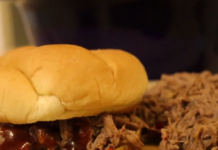

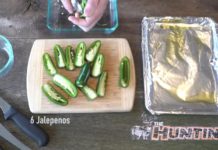
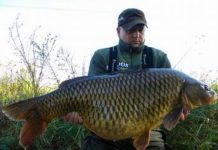

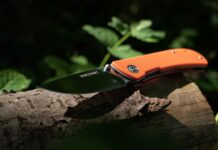






![The Best Deer Camp Chili [VIDEO] Deer Chili Ingredients, Tomatoes, Chili Spices](/wp-content/uploads/2015/10/Deer-Chili-Deer-Camp-Recipe-218x150.jpg)
![How to Call Elk Early in the Season [VIDEO]](/wp-content/uploads/2016/08/byers003-218x150.jpg)

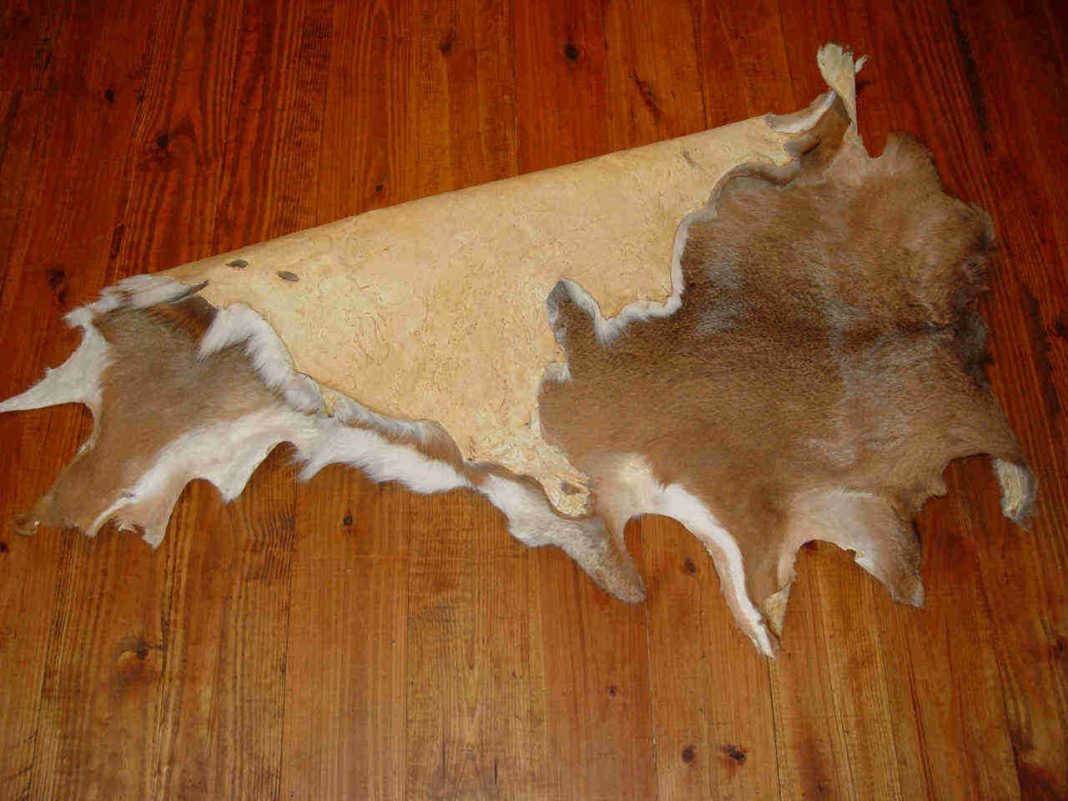


![Idiots Disturb Hunter: How Would You Have Handled It? [VIDEO]](/wp-content/uploads/2015/10/DSC00110-e1474487693878-100x70.jpg)
![Albino Buck Shocked to Shed His Antlers [VIDEO]](/wp-content/uploads/2015/10/AlbinoDeer-100x70.jpg)